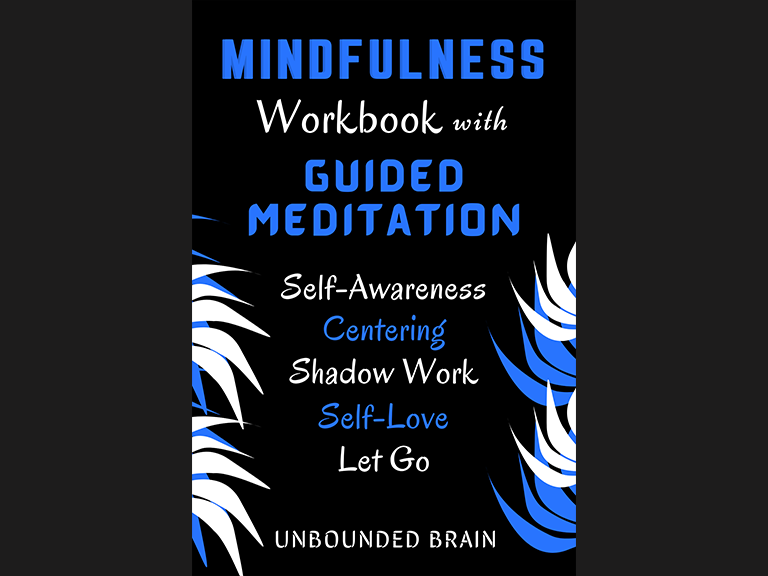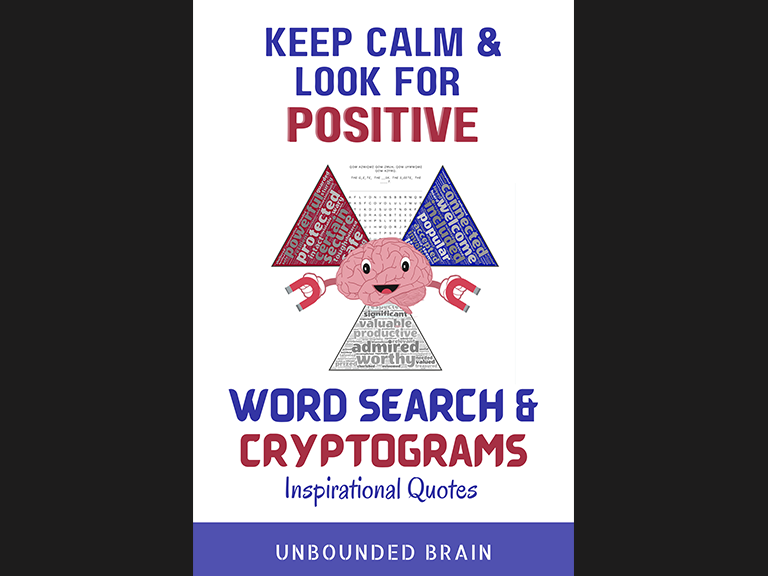Mental toughness can help you cope with challenging events like the pandemic – here’s how to cultivate it
Dara Mojtahedi, University of HuddersfieldWith the recent passing of the one-year mark since the COVID-19 pandemic began, the long-term effects have become more apparent. Not only has the virus taken over 2 million lives worldwide, it has also had a profoundly detrimental impact on the mental health of billions of people across the globe.
Research on Chinese citizens at the start of the pandemic found that symptoms of anxiety, depression and stress were common reactions to the pandemic. These effects were mirrored in other countries and increased over time.
For example, a more recent study in the US found that one in four adults reported symptoms of anxiety or depression – an increase from one in ten in 2019. For some, the increased levels of stress and anxiety have also been accompanied with poorer sleep and increased alcohol and substance use – exacerbating mental health problems further.
The rise in mental health problems during the pandemic cannot be attributed to a single factor. Instead, psychologists suggest these negative emotions are due to several different issues. Namely, health worries, fears of dying or a loved one getting ill, isolation, disrupted travel and social plans, along with media-information overload.
Research found that the psychological impact of the pandemic was greater among certain groups, such as women, students and people with pre-existing health problems. But our new research has also found that for some people, having certain personality traits seems to have offered some level of protection during these difficult times. Indeed, it seems that having “mental toughness” has helped many people to keep the adverse mental health effects of the pandemic at bay.
What is mental toughness?
Mental toughness is about more than just having resilience and control in difficult situations. It relates to a psychological frame of mind that endorses confidence and commitment to success. In his book Developing Mental Toughness, the psychologist Peter Clough describes mental toughness as a combination of the following:
- The amount of control a person believes they have over their life and emotions;
- How much commitment is placed upon achieving goals despite hardship;
- Being able to see potential threats as opportunities for self-development;
- Continuing to strive in changing environments;
- The level of confidence a person has in succeeding despite setbacks.
Mental toughness levels are influenced by many different factors. While genetics are partly responsible, a person’s environment is also relevant. For example, both positive experiences while you’re young and mental toughness training programmes have been found to make people mentally tougher.
Holding it together
Research shows that people who have these traits are less likely to have negative emotions in stressful situations and display greater coping skills. So our study wanted to build on these findings to discover how mental toughness has potentially helped people during the pandemic.
Overall we found that reports of depression, anxiety and stress symptoms were markedly higher than in pre-COVID times. Those who had lost their jobs or businesses during the pandemic reported significantly more symptoms of these afflictions.
Even those facing temporary furlough were more likely to report high levels of distress. This is because the psychological impact of unemployment goes far beyond financial instability. A job provides a sense of purpose – and brings a sense of control to people’s lives. Taking this away at a time when people are isolated with a limited sense of freedom can further diminish wellbeing.

Yet people who scored higher on our mental toughness questionnaire reported lower levels of depression, anxiety and stress. This is most likely because these people felt they had a greater sense of control over the situation – and were more capable of staying focused under stress and better equipped to mentally cope. Mentally tough people were also less likely to report depressive symptoms.
What you can do
Research examining the effectiveness of mental toughness training is in its infancy. But research with Australian football players has shown the promising potential for using such training in boosting mental toughness.
For anyone wanting to improve their mental toughness, a good place to start is by simply identifying and affirming yourself with the skills and attitudes associated it - such as relaxation, positive thinking, goal setting and self-motivation. This could include daily affirmations, setting specific and achievable goals for a project or something you’re working towards and making sure you take time out of your day for meditation or deep breathing exercises.![]()
Dara Mojtahedi, Lecturer in Psychology, University of Huddersfield
This article is republished from The Conversation under a Creative Commons license. Read the original article.
Whether you use your pen for planning, mental health tracking, self-care journaling, or puzzling, we’ve got you covered. Check out our self-care workbooks, mindfulness journals, books, planners, and brain-challenging puzzles.










Hello,
I hope this note finds you thriving and well.
In light of your renowned commitment to healthcare innovation, it is with great enthusiasm that I offer you a personal invitation to an upcoming event—a gathering that promises to be a watershed moment in our ongoing battle against some of the most formidable diseases of our time, including chemo-resistant cancers.
As the former Dean of Harvard Medical School and a prominent figure in public health, I am thrilled to announce a presentation that should not be missed. We will be unveiling pioneering therapies with the potential to revolutionize the treatment of colon cancer and malaria—therapies that are on the cusp of transforming our approach to treatment.
Seize this chance to be a part of medical breakthroughs!
Date: November 16, 2023
Time: 4 PM EST
Location: Zoom (a secure link will be sent after your RSVP)
[Click Here to Claim Your Spot – Availability is FREE but Limited] – https://cutt.ly/2wTMsyVq
What you can anticipate:
An exclusive preview of compelling data on innovative therapies poised to make history, presented by those at the helm of its development.
An insider’s perspective on a novel therapeutic target that could alter the course of treatment for colon, ovarian, and melanoma cancers.
An interactive Q&A with the scientific and leadership teams at Ibex Biosciences, where your queries will spark meaningful discussions.
I am eager to greet you at what I believe will be a transformative event in the healthcare field.
With warm regards,
Dr. Sanjiv Chopra
P.S. This is a unique opportunity we would be honored to have you in attendance.